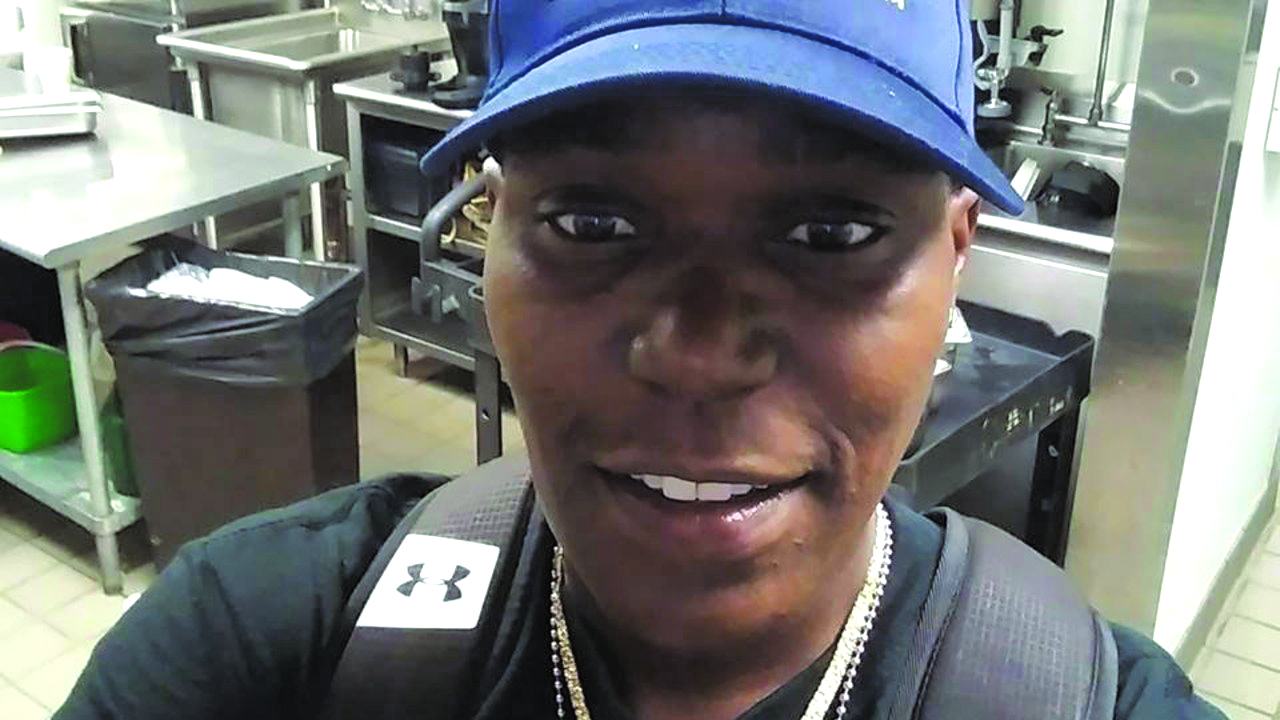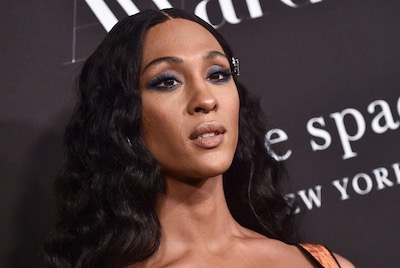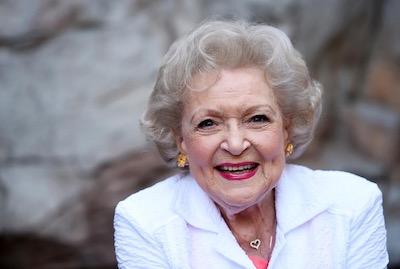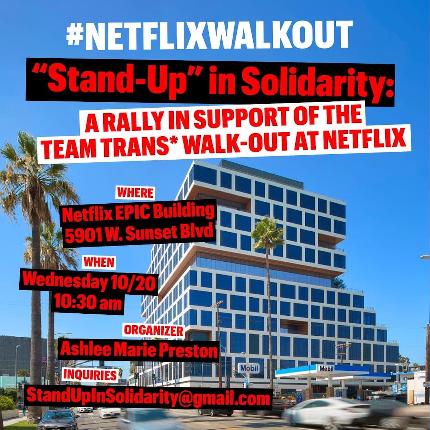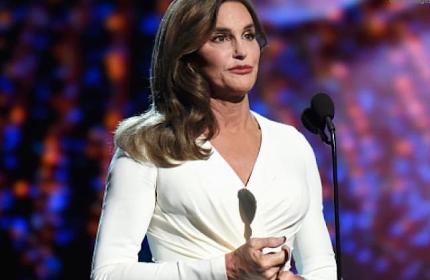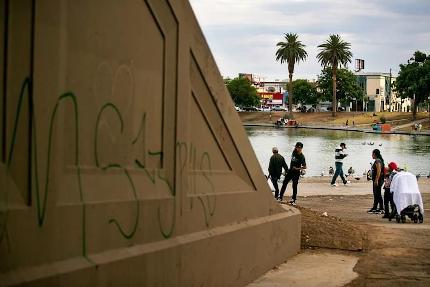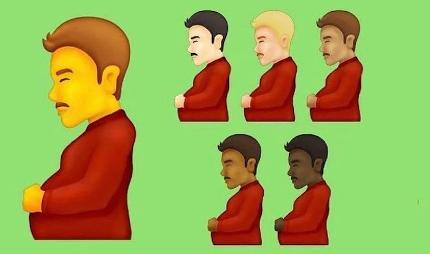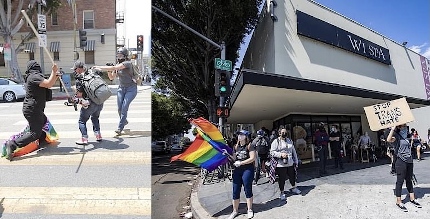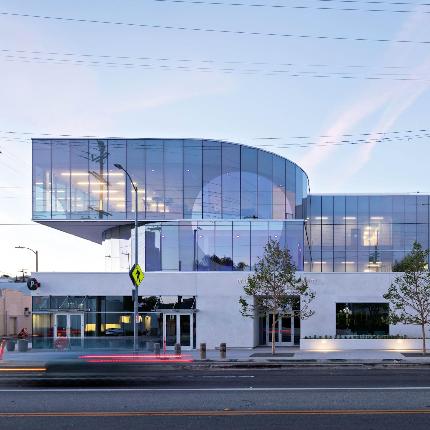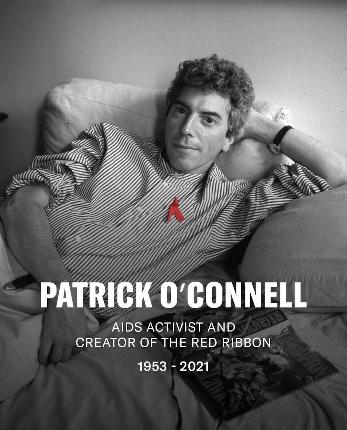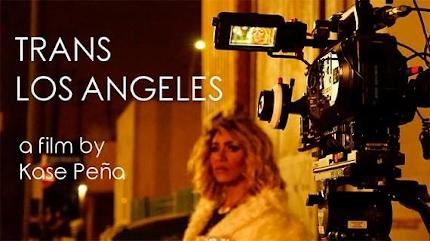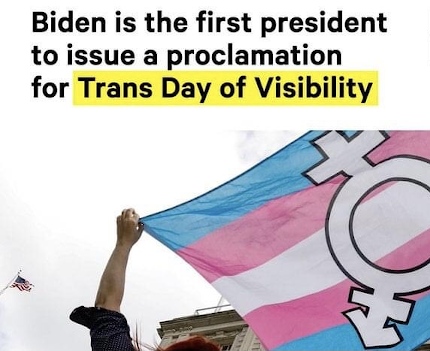His name was Nino.
Most of the time, he went by Nino Fortson, but in the community of Atlanta’s LGBTQ+ ballroom scene, he was also known as Nino Blahnik and Nino Starr. After he was shot to death on Sunday, the first media reports on the murder of misgendered and deadnamed the 36-year-old gender-nonconforming Atlantan.
His friends and family took to social media to express their sorrow for Forston’s death and their outrage over the disregard for his identity, rallying around the hashtag #JusticeForNino.
For many in Atlanta’s queer community, the first time they heard the news of Nino’s death was through a Facebook post on the profile of Kamaro Blahnik, the founder of a national LGBT community provider called the House of Blahnik. The post referred to Fortson by both he/him and she/her pronouns, and called Fortson “my son.” According to Blahnik, Fortson walked the “Butch Realness” category at balls.
The Atlanta Police Department (APD) has made efforts do better with the transgender community, spearheaded by lesbian chief Erika Shields. As a part of its Community Oriented Policing Section, APD now employs LGBT liaisons officers who assist with cases involving members of the LGBT community.
“Our preliminary investigation did not in any way indicate that this individual identified as transgender,” said Atlanta police spokesperson Carlos Campos. “And we had no evidence that such an identification played any role in this death. But given the issues that are being raised publicly, we are going to engage our LGBT liaisons to work with our homicide unit and see if there are some angles that need to be looked at.”
Witnesses at the scene of Fortson’s death described an argument between Forston, two perceived men, and two perceived women. “During the argument, the victim pulled a small gun from her pocket and fired into the air,” reads an official Atlanta police statement sent to them. “The witness said he then walked away, but a short time later heard more gunshots and looked back to see the victim on the ground, and one of the males limping away.”
Fortson’s murder marks the 10th known transgender homicide this year, and the first transgender man of the group. According to a report released by the Human Rights Campaign Foundation and the Trans People of Color Coalition, 2017 was the deadliest year on record for transgender people. This held true for Atlanta and Georgia as well. “Last year was the highest record of violence against trans people in the metro Atlanta area and in the state of Georgia,” Zahara Green, executive director of the Atlanta-based nonprofit Transcending Barriers, said to them.
The epidemic of violence against trans people is made worse by the lack of statewide protections. “There are no protections for hate crimes in the state, no anti-discrimination protections for housing or education,” said Green. “And that puts trans people in the dangerous situation of having to survive on the streets of Atlanta.”

